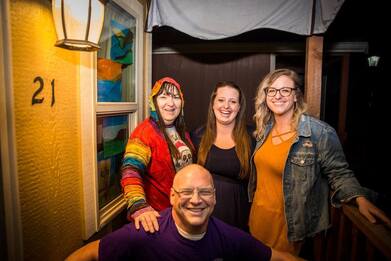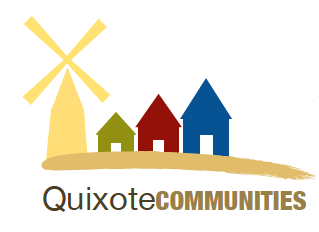SHELTON veterans VILLAGE FREQUENTLY ASKED QUESTIONS
|
Who will manage the Shelton Veterans Village?
The Village is supported by Panza dba Quixote Communities, a 501C3 non-profit organization. We will have a Program Manager, Program Supervisor, and 2 Case Managers on site. Our staffing model is based off of our current villages, Quixote Village in Olympia, and the Orting Veterans Village. What model will you use?
Why tiny homes?
What is the vetting process and who will be living there?
What is in each tiny home?
What will be in the Community center?
How many homes will you have?
- We will have 30 tiny homes and 1 community center. - The Shelton Veterans Village will have a slightly different design than our other villages. It will have 7-4plexes and 1-duplex. This not only helps with cost, but will also offer more personal mini-communities of support for each resident. How does rent work?
What will be offered at the village?
Will there be violence and crime?
What about drug use?
What will it cost?
WHY ARE THERE HOMELESS VETERANS?
HOW CAN I GET INVOLVED?
how do i live at the village?
|


